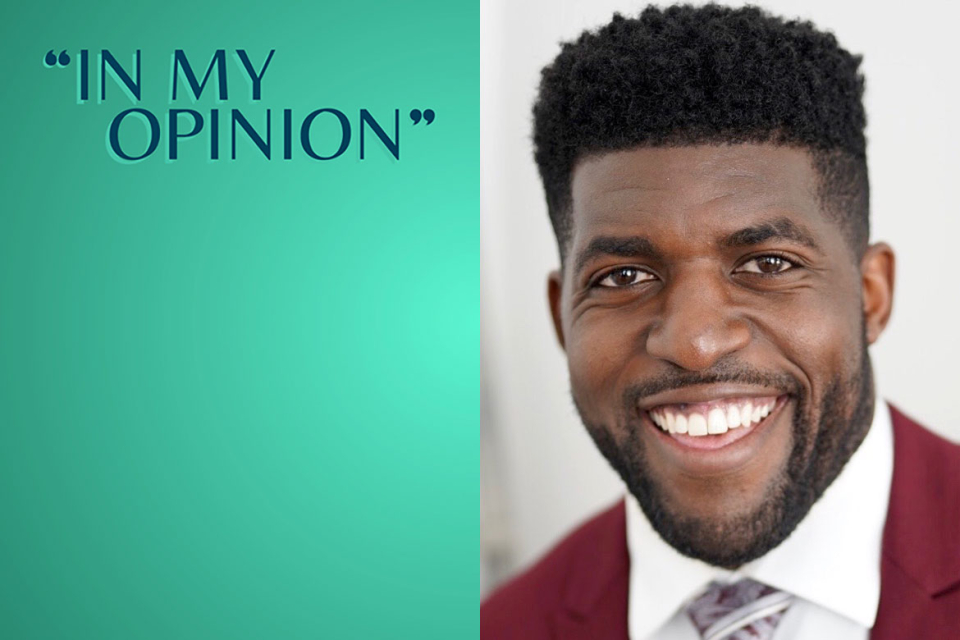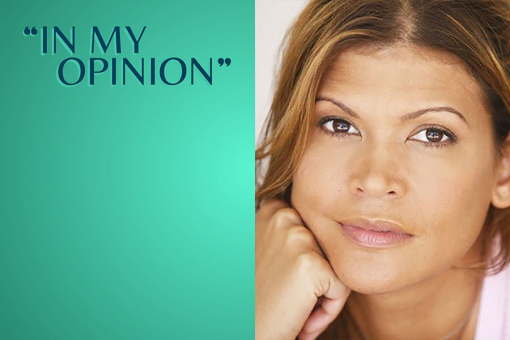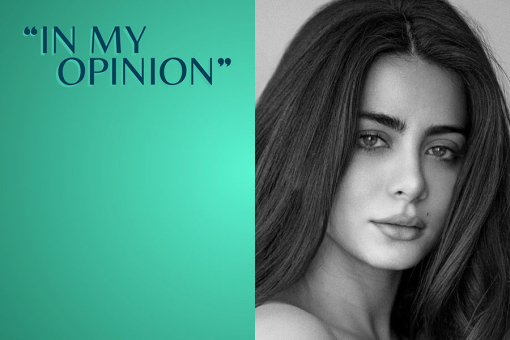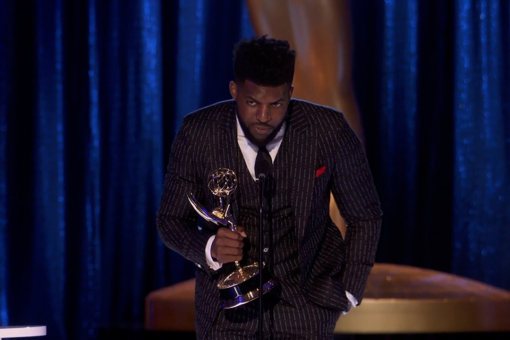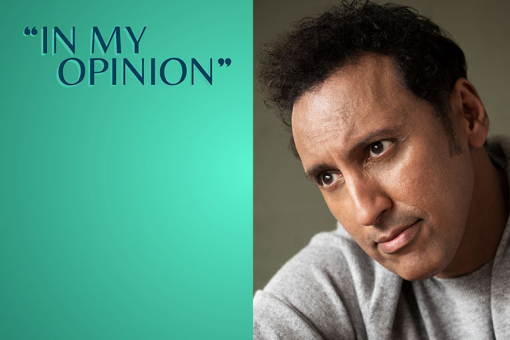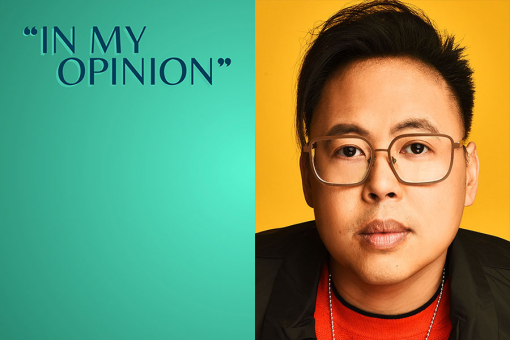While it may not appear similar on the surface, the Television Academy is like any other large-scale organizations – the National Basketball Association (NBA) or the National Football League (NFL) – that can be at the forefront of leading and demanding industry-wide change. What can the more than 25,000 members do to facilitate evolution in our industry?
I have a unique experience as a Black person in the television industry because until recently, I was primarily a sports analyst or commentator. In the sports industry, [if you are a former athlete] industry executives will only see you as a sports analyst, because typically as a Black man, you clearly played sports. If you let them, they will box you into that sports analyst role, as opposed to giving you the opportunity to grow and take on a more primary and influential role as a host.
I got my shot and currently co-host a show called Speak For Yourself on Fox Sports with Marcellus Wiley, another former Black player who went to Columbia and played in the National Football League. To my knowledge, we are the first two former professional athletes to co-host a national daily show about sports and the politics of sports. So, the biggest challenge for a former athlete with broadcasting aspirations is, will the industry want to try to keep me in the box as an athlete, and as a Black person specifically?
I am encouraged by the discussions taking place about race, systemic racism, and social injustice. Now, I may be biased because I am leading some of the discussions, but it's encouraging as I believe they are meaningful. I think conversations need to be geared towards education and enlightenment. You cannot fix a problem that you don't know exists, and you cannot fix a problem that you do not fully understand. So, these current discussions are positive, because they are leading to education and understanding, and I think they are even starting to spark change. But racism doesn't have a finish line that we'll be able to cross; ending racism is a continuous road that we must travel.
I feel great about the initial actions for changes that we see happening. There are so many people, and so many different catalysts moving in different spheres, that we can educate in our disciplines of choice. For example, one of my close friends, Toby Nwigwe, a Nigerian rapper based out of Houston, had a song that went viral called "Arrest the Killers of Breonna Taylor." He is speaking to a demographic that he can reach. In my YouTube series, Uncomfortable Conversations With a Black Man, I am speaking to a predominantly white demographic that I am able to reach. These are only two examples; there is a heightened level of activism occurring in different art forms and different platforms that is very encouraging to see.
Change to come out of this moment and out of recent conversations in the television industry around diversity and inclusion: How are we portraying our Black characters? When you watch a movie, why is the villain typically portrayed as Black? Why is the hero portrayed as white? Why is the criminal portrayed as Black and the one being victimized portrayed as white? What are we doing within our television industry that continues to perpetuate stereotypes?
The Television Academy can be at the forefront of demanding change. Its 25,000 members all have spheres of influence within their different domains. We must all strive to do the anti-racism work within our respective disciplines, including even doing the work within our different friend groups and companies, if we genuinely want to make a difference.
What else would I like Television Academy members to know? I would like them to know that with each and every person's help, we can change the culture we live in. We can change and mend this racial divide, but it will take everyone being willing to understand the problem and also being willing to actively change the underlying racism that exists not only in the television industry, but also within society.
Emmanuel Acho is a former NFL player, current host of Speak For Yourself (Fox Sports One) and author of Uncomfortable Conversations with a Black Man.
Discover more "In My Opinion" articles.
The statements and viewpoints expressed in the article above are solely those of the author, and do not necessarily represent or reflect the opinions or viewpoints of the Television Academy, the Television Academy Foundation, or their members, officers, directors, employees, or sponsors.

